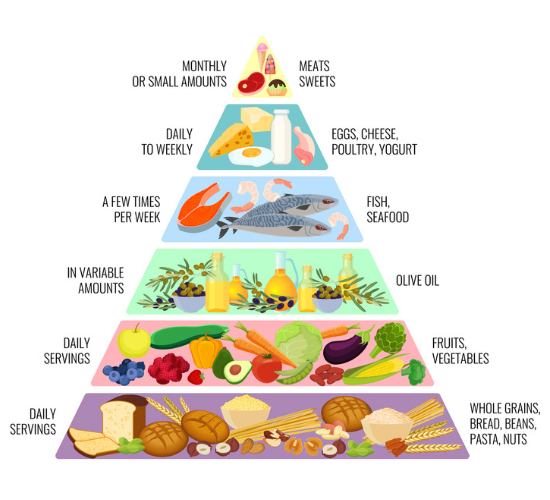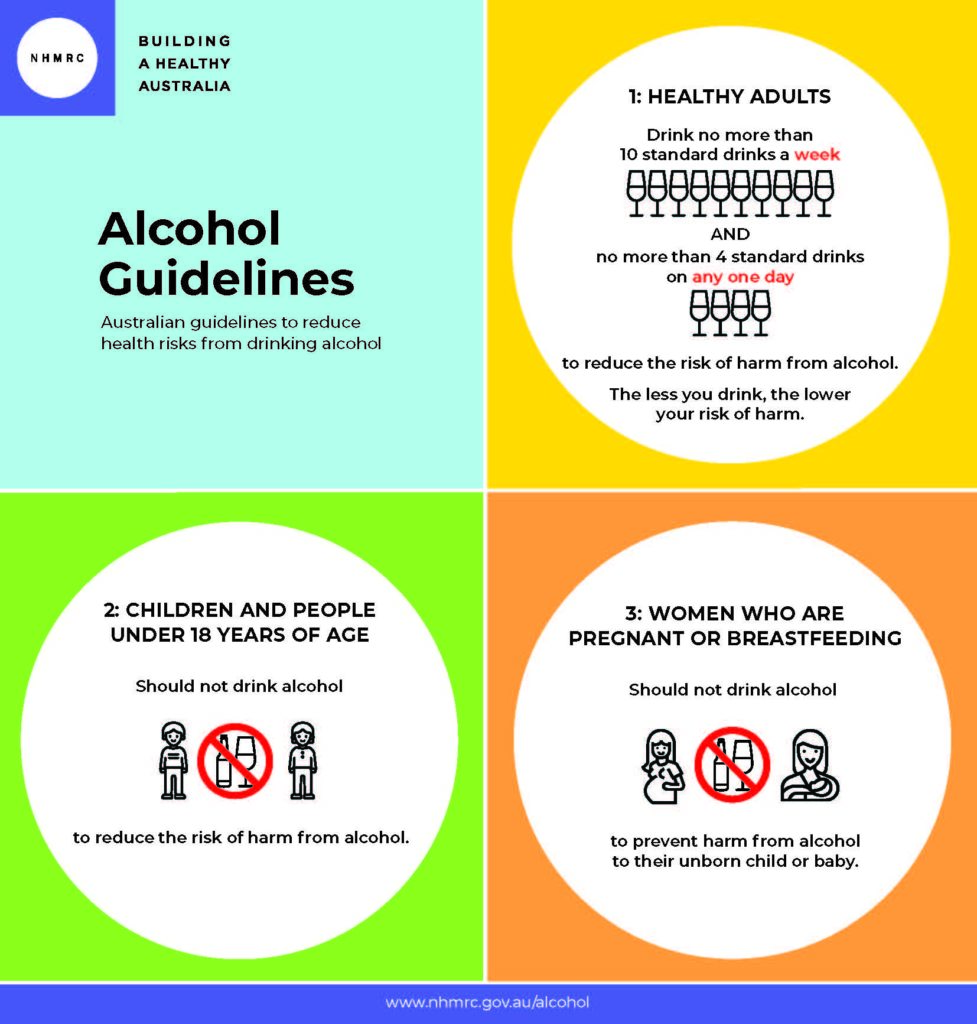Preventing Liver Disease
One in four Australians have liver disease and this number is rising. While you may not experience any symptoms, untreated liver disease can lead to permanent liver damage such as cirrhosis or liver cancer.
The good news is preventing liver disease is possible with simple lifestyle changes.
Liver disease is becoming more common throughout Western societies, with what we eat and drink a leading risk factor. When you consume too much food or alcohol your body deals with this excess by turning some of the calories into fat that is stored in the liver.
Many liver specialists recommend the Mediterranean Pattern of Eating (or Mediterranean Diet) in preventing liver disease. In fact nutritional experts recommend this way of eating to keep our whole bodies healthy and functioning at their best.
The Mediterranean Pattern of Eating consists of healthy whole foods with very few processed foods.

Key foods
- Extra virgin olive oil
- Vegetables and fruit
- Wholegrain bread and cereals
- Legumes and beans
Tips to embrace the Mediterranean Pattern of Eating into your diet
- Replace oils, margarines and butter with extra virgin olive oil
- Replace meat with more vegetables
- Add legumes into mince dishes
- Switch red meats for fish or poultry
- Add nuts to salads.
While it’s best to avoid alcohol altogether, even reducing the amount you drink can have a positive effect on your liver’s health.
Australian Guidelines recommend healthy adults should drink no more than 10 standard drinks in a week, and no more than 4 standard drinks in a day.
It’s important to note how much you can ‘safely drink’ varies from person to person. If you have a liver condition it is best not to drink alcohol at all. Drinking alcohol when you have an existing liver condition can increase the damage to your liver.
Talk to your doctor if you want support in reducing your alcohol intake.
Exercising regularly is an excellent way in preventing liver disease. It can boost your liver health and help you manage your weight. Being overweight or obese is a major cause of fatty liver disease.
How to find time for exercise
- Schedule workouts into your day, just like you would an appointment
- Find free video workouts online that you can follow at home
- Get active while watching TV – squats, lunges and crunches are great for your health
Viral hepatitis is a leading cause of liver disease and liver cancer.
Hepatitis B
Hepatitis B is transmitted in three main ways:
- Blood-to-blood contact
- Sexual fluids
- At birth (if the mother already has hepatitis B)
Hepatitis C
Hepatitis C is transmitted through blood-to-blood contact. High-risk activities for transmission include:
- Sharing injecting equipment
- Getting a tattoo or body piercing with unsterile equipment
- Blood transfusions in Australia before 1990
- Sharing toothbrushes, razors or hair clippers
- Medical or dental procedures in developing countries
Get tested for hepatitis
Many people are unaware they are living with hepatitis B or C, a test is the only way to know if you have it. It is important to note that testing for these viruses is not included as part of regular blood tests and check-ups. Testing is simple and may not even require a blood test.
How to get a test
- Talk to your doctor
- Visit an Aboriginal Medical Service
Get vaccinated for hepatitis B
Your best protection from hepatitis B is vaccination. The hepatitis B vaccine is a safe and effective vaccine that has been around since 1982. Adults will receive three injections over six months. Most children born from May 2000 will be vaccinated for hepatitis B as part of their regular childhood immunisation schedule as long as they received all required doses. Babies receive four injections within their first six months.
Having a liver health check is a great way to make sure your liver is in tip top shape. Many liver diseases do not show obvious symptoms straight away so checking regularly can help prevent more serious issues later on.
A liver health check involves:
- Identifying your risk factors for liver disease
- Taking body measurements
- A liver scan using either a FibroScan or Ultrasound
- A blood test to check how your liver is functioning
- Discussing any recommended lifestyle changes
- A referral to a specialist (if needed)
If you need some help achieving your health goals there is support available. My health for life is a free, six-month program where you work with a health coach to achieve your health goals.
It is a State government-funded initiative, delivered by an alliance of health organisations, and is designed to help Queenslanders stay well and lessen their risk of developing conditions such as type 2 diabetes, heart disease, stroke, high cholesterol and high blood pressure.
Choosing either small group sessions, or one-on-one phone coaching, you explore topics such as nutrition, physical activity, understanding your personal risk of developing health conditions and how to make healthier choices a part of everyday life.
With the support of your coach, you will also develop an action plan. Whether your goal is to get more active, eat better, stress less, or lose weight, the focus is on building a step-by-step plan to help you achieve your goals over time.

